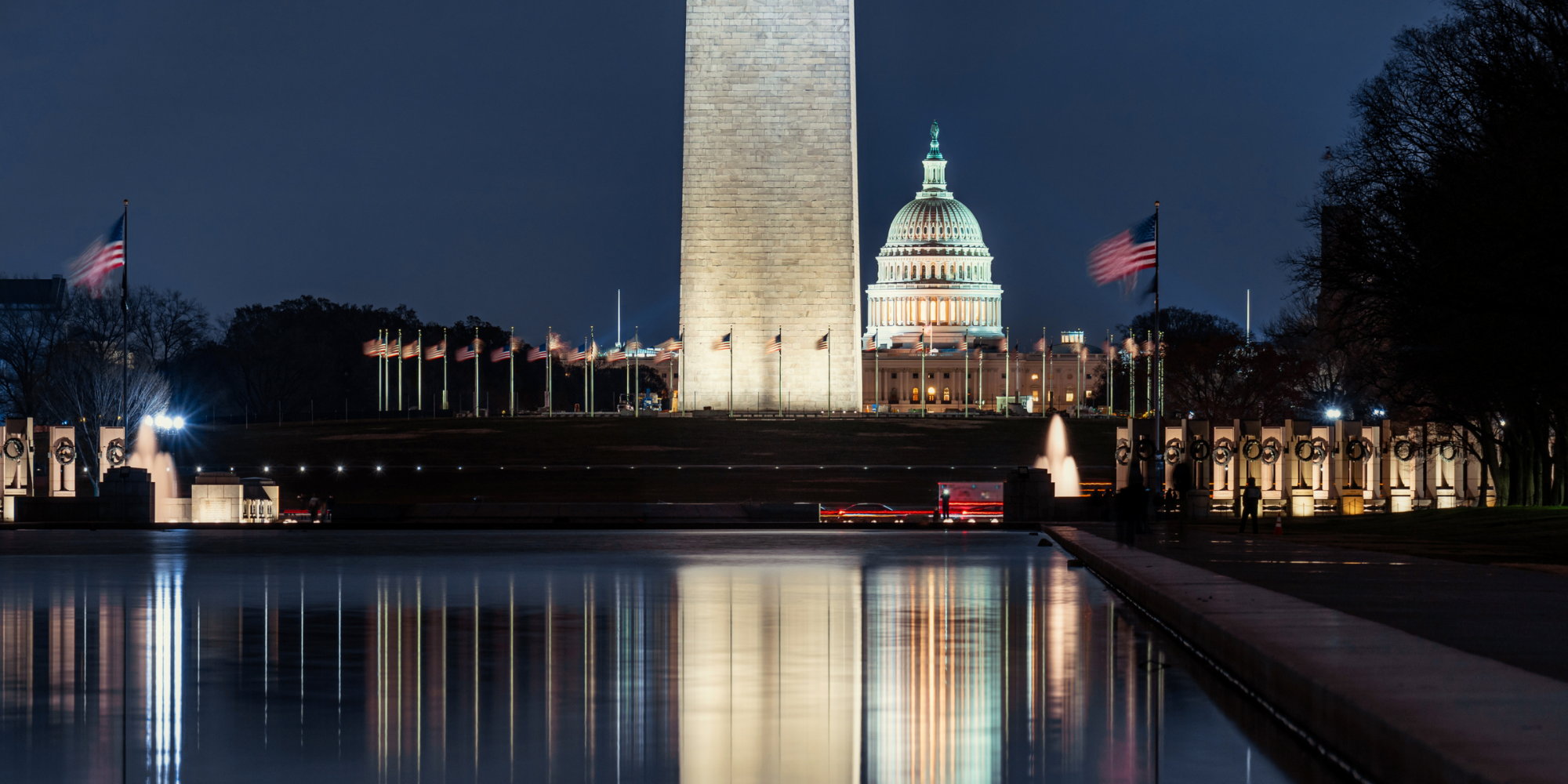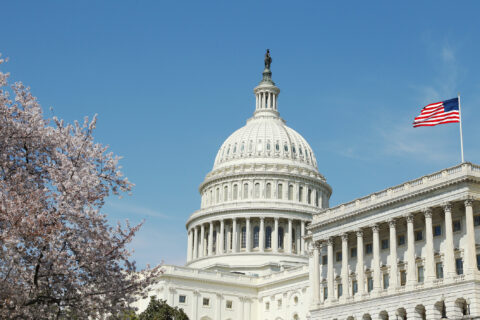The debt ceiling deal House Republicans and the White House reached in May to avoid a federal government default also included new federal spending limits for the next two years. For non-defense discretionary grant programs important to cities and towns, the new limits mean inflation is set to outpace federal spending. If Congress honors the spending limits in the deal, it will mean cuts for some, but probably not all, federal grant programs directed at cities and towns.
However, it is still not clear if Congress will honor the spending limits outlined in the debt ceiling agreement. While the Senate is moving forward on a bipartisan basis with the agreed upon spending limits, the House Republican leadership is trying to force deeper cuts for domestic programs that would reduce funding below FY2023 levels, likely resulting in smaller grants for local governments across the board. By contrast, defense spending would be largely spared from additional cuts.
The debt ceiling agreement also included a mechanism that would harm both Republican and Democratic priorities if Congress fails to pass their appropriations bills by January 1, 2024. If Congress cannot meet the January 1 deadline, it will trigger automatic across-the-board cuts of about one percent to all federal programs, including those enacted under the Bipartisan Infrastructure Law and Inflation Reduction Act. This worst-case scenario, which would reduce funds for both new and existing programs, was included to increase pressure on House and Senate leaders to come to an agreement on FY2024 spending this year.
Fortunately, the worst-case scenario is also the least likely to occur. Already, House leaders are considering putting together a short-term stop-gap measure to keep the government funded and operating into the next fiscal year beginning on October 1, 2023. Without a stop-gap measure like a short-term continuing resolution, Congress could be drawn into another time-consuming standoff over a potential government shutdown. This would likely derail any bipartisan momentum to meet the January 1 deadline to avoid automatic across-the-board spending cuts.
If there is a silver lining for local governments, it is earmarks, or also known as Congressionally Directed Spending, for projects that often benefit specific communities. Despite the more severe spending limits sought by the House, funding for earmarks would increase by about 20 percent compared to Fiscal Year 2023 in spending bills that have already received some level of consideration. However, more funding for earmarks means less funding for existing formula and competitive grant programs.
With earmarks, federal funding can still make it to communities, but it can also by-pass the decision-making authority of local governments respected by standard grant programs to arrive there. Cities and towns can work directly through their Congressional delegation to request earmark assistance for projects within their jurisdiction. More information on how to make that request is available here.
NLC continues to analyze the impact of proposed cuts to local government priorities, educating Congress on our findings, and advocating for the highest possible funding levels for programs allocating federal funding directly to local governments.







